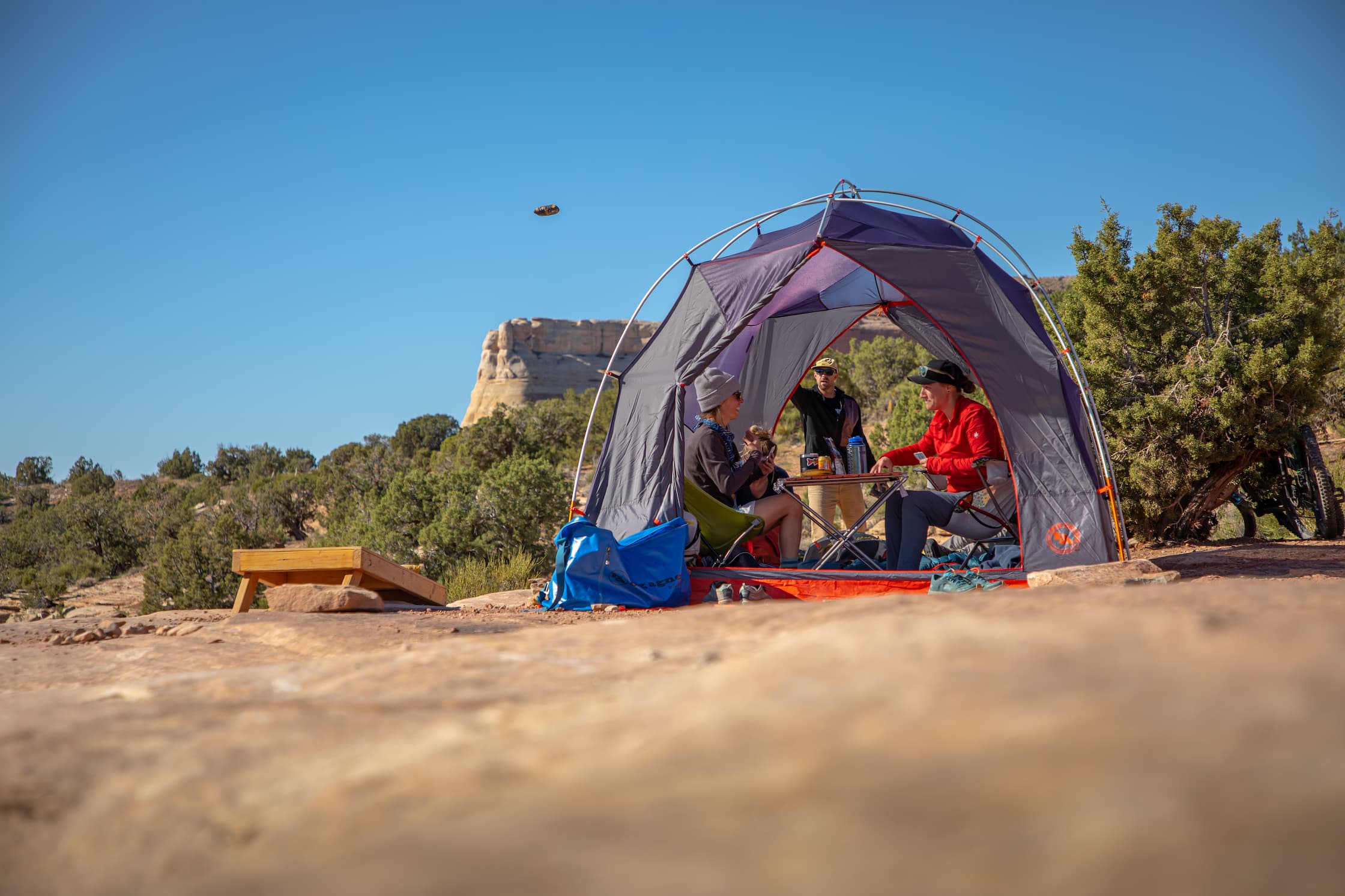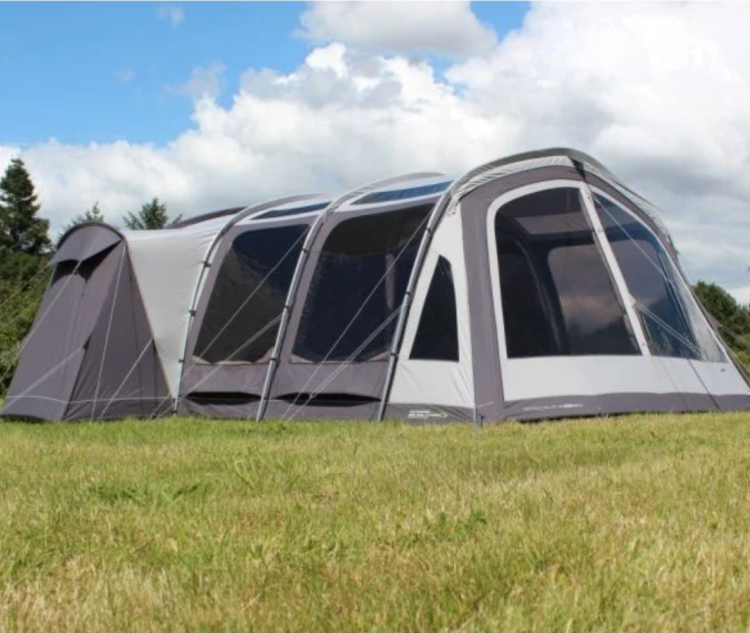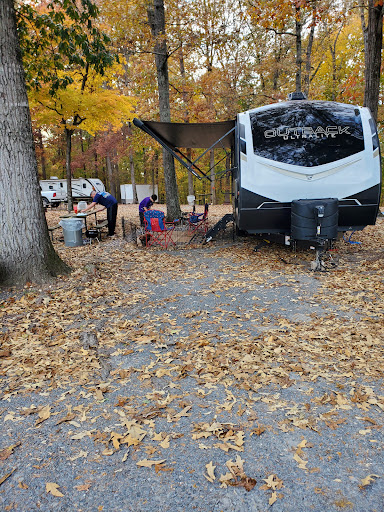
Boondocking can offer the most enjoyable way to go camping in your RV. This allows you the opportunity to spend time in nature and enjoy all of the conveniences of your RV. But there are some key points to remember before you head out on your boondocking journey. It is important to be aware of the rules and precautions that you need to take in order for your safety and the protection of the environment.
Some of the basic rules of boondocking include following Leave No Trace principles. These include leaving the site in better condition than you found it, not disturbing wildlife and keeping your campsite clean. You should also avoid dumping trash and keep a campfire going. It is important to keep valuables hidden from the eyes of large animals like raccoons. If you encounter wildlife, you should use pepper spray to protect yourself.
It is also a good idea to pack your RV smartly. An emergency kit is a must. The kit should include water, first aid, and food. In the event that you need to leave your RV during the night, you can store your supplies in a storage compartment. You should also carry a spare tire and windshield wipers.

Solar power is a good option. You need to make sure your batteries are charged every hour. Because they consume less electricity, LED lights are better than traditional bulbs.
It is a good idea bringing at least two bags for your stay. A toad or bicycle is also a good idea to use to explore the area. It can be a great way to locate a boondocking spot without having to drive too far. Be sure to ask the park rangers if there are any regulations. A truck or car can be used to help you scout the area if you don't own a toad.
A lot of boondocking sites are either pack-in or pack-out. This means you need to remove all trash and other items before you reach your destination. If you don’t have enough trash space, you might need to take it to a dump site. You may also want to consider bringing a cargo carrier so you can haul your trash to a dumpster.
If you're staying in a place for an extended period of time, you'll need to ensure that you have an adequate supply of fuel. You should also consider how much water the RV uses. It can be hard to fill up a water tank. You'll need to fill your tank with water from another source if it gets full.

If you plan to camp for longer than a week, it is a good idea to bring along a generator. These can be very handy when you need to power appliances. You don't have to buy an inverter if you get one of these chargers.